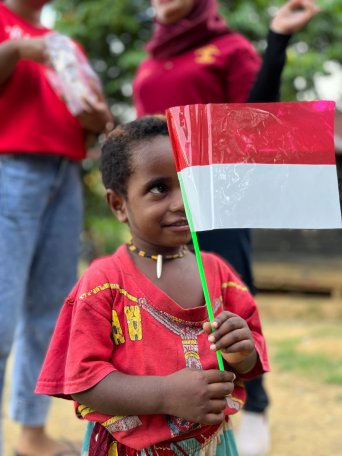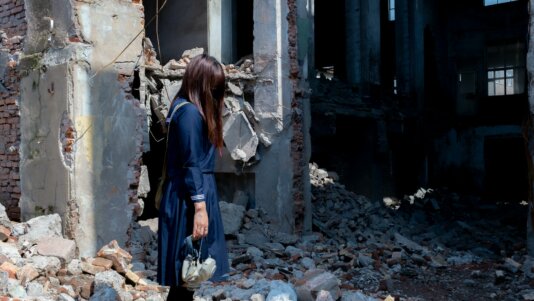- About
- Topics
- Story
- In-Depth
- Picks
- Opinion
- News
- Donate
- Signup for our newsletterOur Editors' Best Picks.Send
Read, Debate: Engage.
| topic: | Discrimination |
|---|---|
| located: | Indonesia |
| editor: | Leo Galuh |
Located in the easternmost part of Indonesia, Papua province is well known for its abundant mineral resources, including copper, gold and silver. Though these natural boons should set up the local community to thrive, this province continues is burdened by rampant racism and police brutality.
The 420,540 square kilometres that make up Papua province are inhabited by about 4.3 million people. Within this population are approximately 255 native tribes of Papuans, including the Asmat, Amungme, Dani, Komoro, Sentani, Souk, Korowai and many more according to the Papua Provincial Government.
After anti-racism rallies in the United States sparked a social media campaign exposing the plight of Papuans, the discussion over the structural racism that Papuan, like black Americans, face flared up once more in Indonesia. They, like black people in America, have long encountered structural racism.
Using the powerful hashtag #PapuanLivesMatter, Indonesian - both Papuans and non-Papuans – spoke about the various human rights infringements suffered by this group of the population, including the fate of dozens of Papuan prisoners of conscience who were prosecuted for protesting against the same thing that killed Geoge Floyd: racism.
As a result, in August of 2019, a series of racist attacks and violence ensued in various Indonesian cities, in which Papuans were assaulted, tear-gassed, and insulted with common pejorative remarks.
“The problem of racism in Surabaya is a disturbance to the dignity and worth of the Papuan people," said young intellectual from Papua, Otis Tabuni.
Therefore, an open dialogue between the Indonesian government and citizens is completely necessary. Serious efforts to rebuild social relations between Papuans and non-Papuans in order to create harmony in Papua and other provinces in Indonesia requires the commitments and efforts of everyone.
This can be accomplished by forming a cooperative forum to discuss issues that develop between two parties, since problems can never be resolved if the dichotomy of the Republic of Indonesia and separatist groups continues to be exploited, according to Adriana Elizabeth, a political researcher with the National Research and Innovation Agency.
Furthermore, it is crucial to be open minded and to listen to the voices of Papuans in order to dismantle a system that enables racism and injustice to prosper in Indonesia. Many Papuans fear for their lives every time they express their frustrations against the injustice that their people experience. They feel scared whenever they speak about their truth since they will be labelled provocateurs or separatists.
Image by T. S. Wulandari

